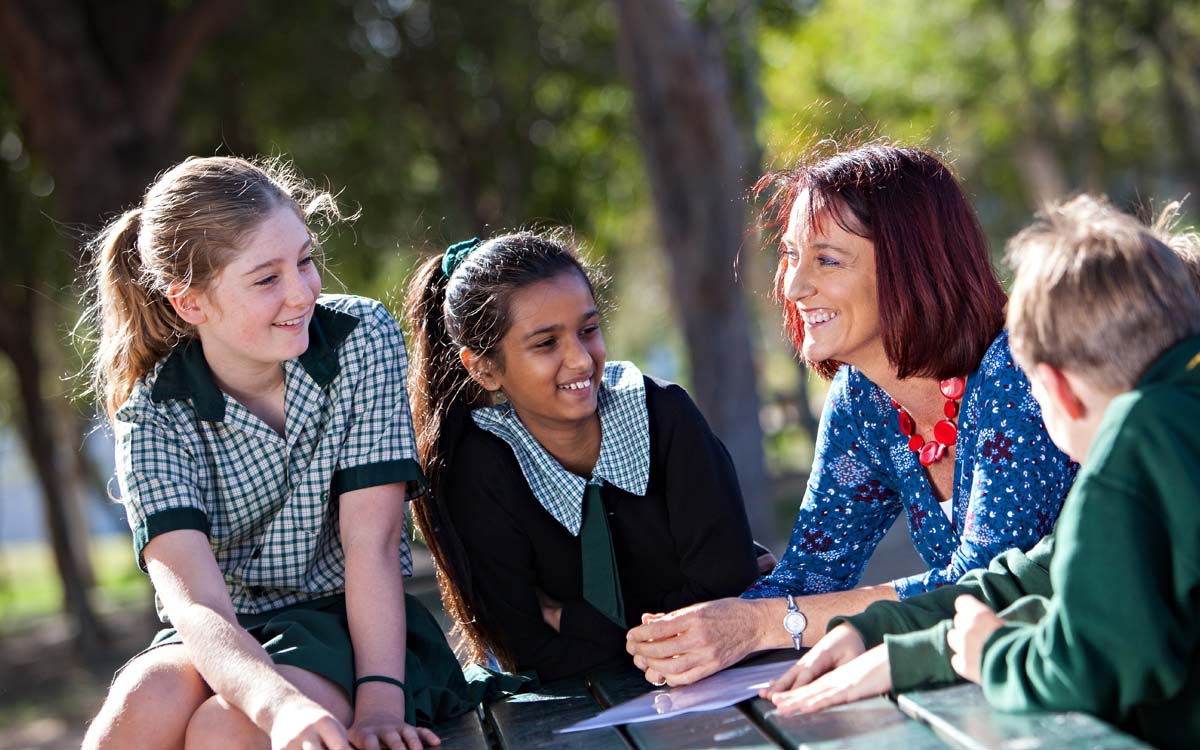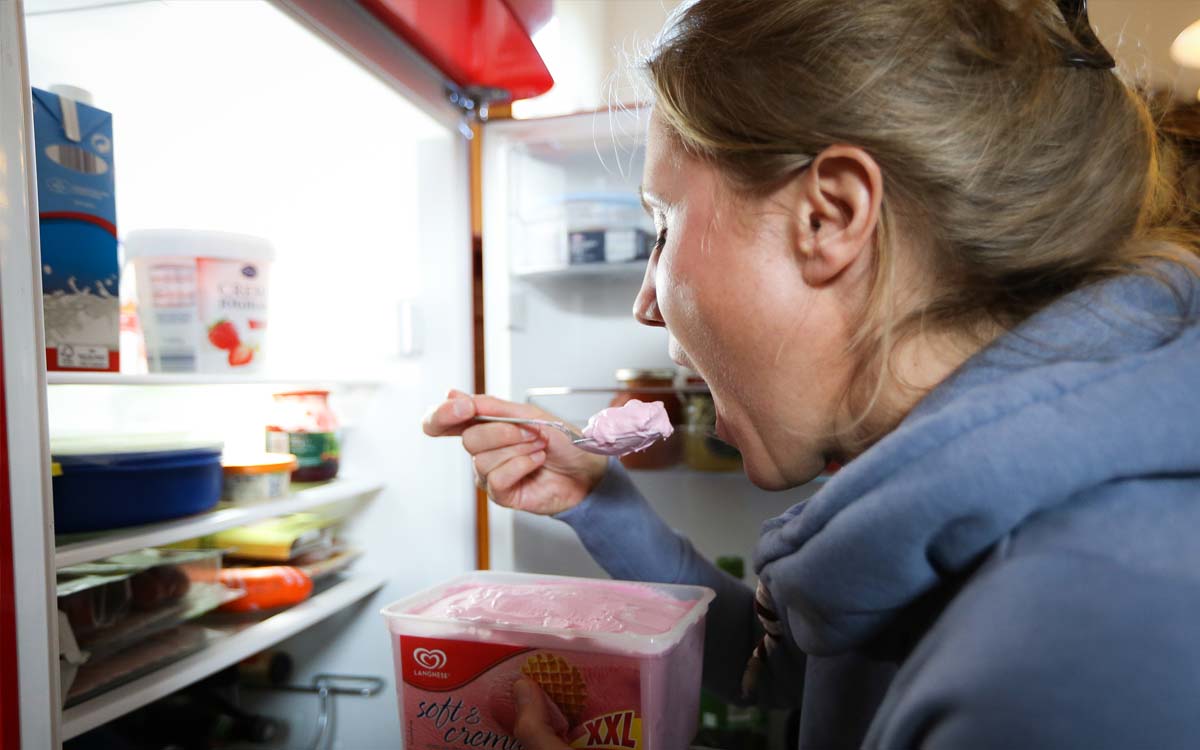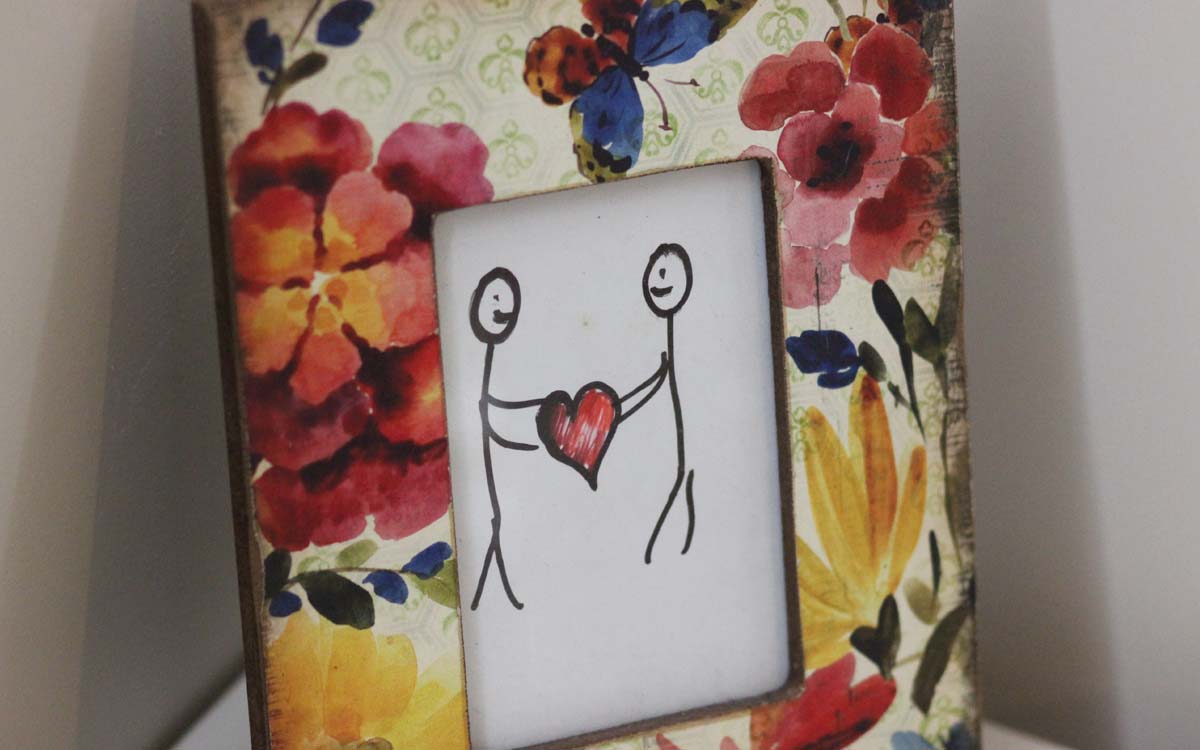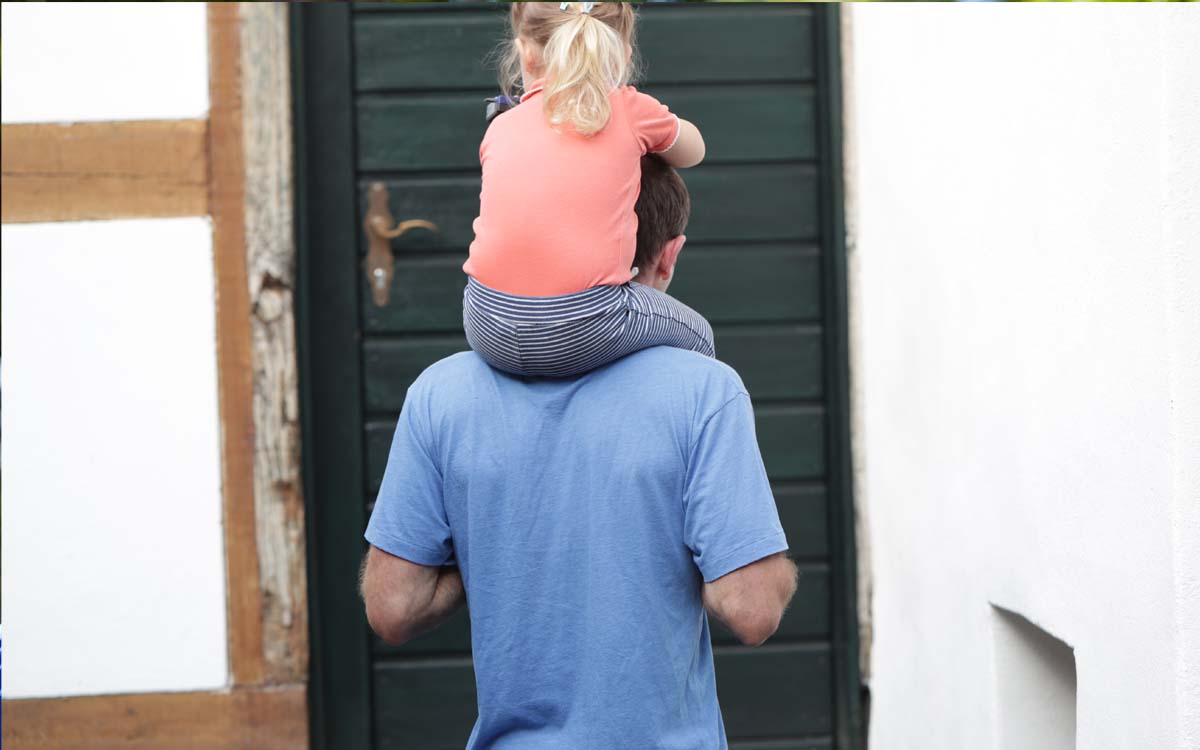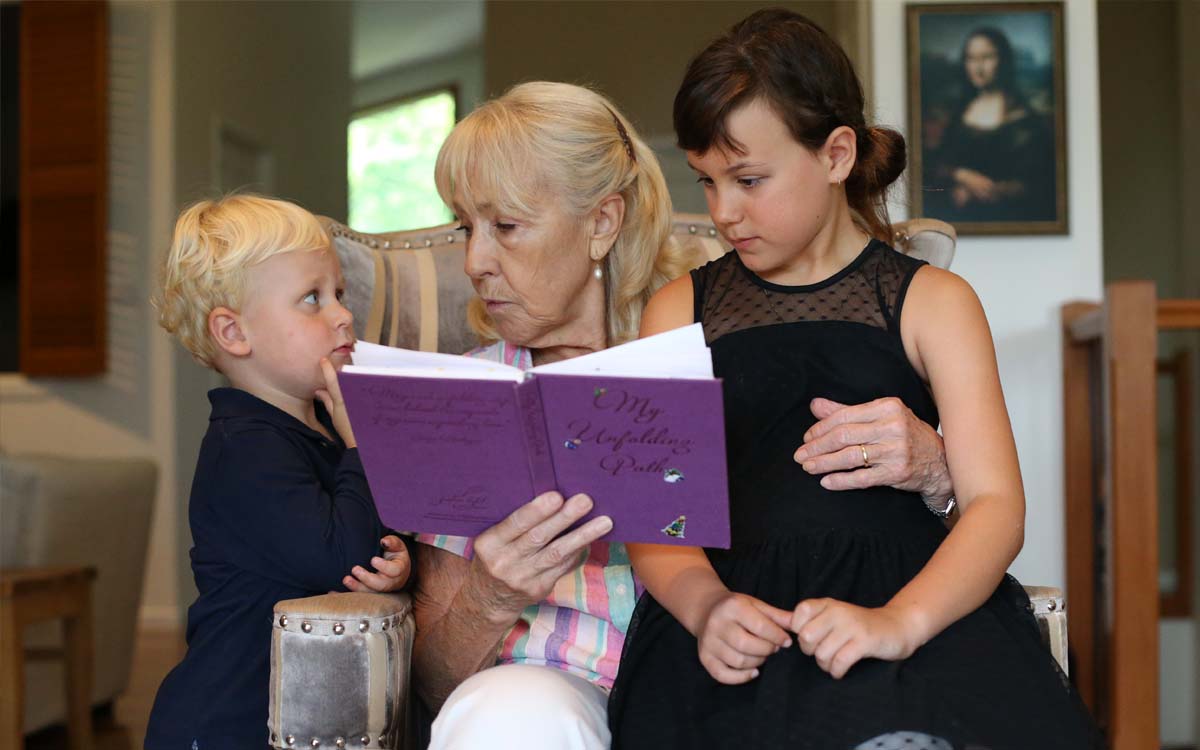Starting the school year and school day can bring about a degree of anxiety for children — and frequently parents too.
It’s not uncommon that there are tears and/or feelings of anxiety from the parents as they gather around the school carpark or local café after they have said goodbye to their dear little one for the first time (or sometimes many times thereafter).
So where do these tears and or feelings of anxiety come from and how does it impact on our children?
As a parent it is not uncommon to make the role of ‘parenting’ our most important job and as such dedicate a large percentage of our life and everyday purpose to this role. The feelings of helplessness can arise as we give care over to some new people, people we don’t know that well.
Thoughts start slipping in such as:
- No one can care for my child as well as I can
- What if my child gets hurt — I won’t be there to look after them
- My child has rarely been without me — what if they miss me?
The reality is our concerns are not solely for our child but also for ourselves. What we could really be feeling is:
- I am going to miss my child — will I cope?
- How am I going to fill my day in now?
- What if my child doesn’t need me anymore?
- What is my role and #purpose in life now?
For the child:
- Practically — Provide your child with as much preparation as possible. Where possible, take your child to the school beforehand, show them the classrooms, the playgrounds, meet teachers, practise wearing the school uniform, packing their school bag and have as many discussions as possible about the practical aspects of a school day. The key here is that we are supporting our child to develop a clear picture of what may happen to help prepare for their school day.
- Emotionally — Parents can prepare their child by really preparing themselves. Children feed off our emotions and thus, if we are feeling anxious, they too will feed off this anxiety. If we are feeling calm and well equipped to respond to this next phase of life, equally our child will be offered a platform that allows them to feel confident in this next phase of their life.
For the parents:
- Practically — When preparing to say goodbye, discuss it with your child and have a very clear sequence of behaviour to say goodbye.
For example, when it is time to say goodbye we will:– Put our school bag away
– Have a cuddle
– Say goodbye
– Child goes to activity, friend or designated person
– Parent, with confidence and purpose, walks away.If there is hesitation, the child will feed off this hesitation and thus it will create an opening for the child to feel your anxiousness. - Emotionally — Remember our key role as a parent is never to keep our children small; rather to know that in the very near future they are going to be an adult. The role of any parent is to always support their short person to become the most independent, responsible and connected being they are capable of becoming. In doing this, a parent will need to be honest about any rules, beliefs, emotions etc. they may have that facilitate keeping their child small in any way.
The key here is to be super honest without any self-judgment but to simply ask, “I wonder why I am uncomfortable right now”, or “I wonder what my own need is” — all in the knowing that without our own need or pictures we would welcome our children growing to meet their full potential and thus welcome each step along the way!
If the parent is at ease in knowing their child has support to respond to whatever is presented and they feel at ease leading up to and during their goodbye, then their child has the foundation for themselves to say their goodbye and embrace the day, week, year ahead with confidence and joy!
